The MINE Research Cluster and EEG Lab are hosting a four-day CuttingGardens 2023 conference in Bournemouth during 16-19 October 2023. CuttingGardens is a distributed conference on cutting-edge methods for EEG/MEG data analysis, with 20+ “gardens” happening simultaneously at several locations across the world. The common global programme, broadcasted to all locations, includes cognitive neuroscience advances, real-time EEG analysis, reproducible research, and deep neural network. Our Bournemouth Garden’s local programme has hands-on #EEGLab and #MNE-Python tutorials, EEG-VR and EEG-eye tracking workshops, exciting talks and tour of state-of-the-art labs!
Key dates:
Abstract submission deadline: 15 September 2023
Registration deadline: 27 September 2023
Conference: 16-19 October 2023
More information can be found at https://cuttinggardens2023.org/gardens/bournemouth/. Please check the webpage if you are interested. This is an ideal event for anyone who is keen to elevate their EEG/MEG research skills. We welcome research students, postdocs, academics and professionals alike.
Bournemouth Garden Organising Committee:
Xun He, Ellen Seiss, Marina Kilintari, Federica Degno, Ruijie Wang, Andrew Hanson, and Biao Zeng (University of South Wales, BU’s Visiting Fellow)

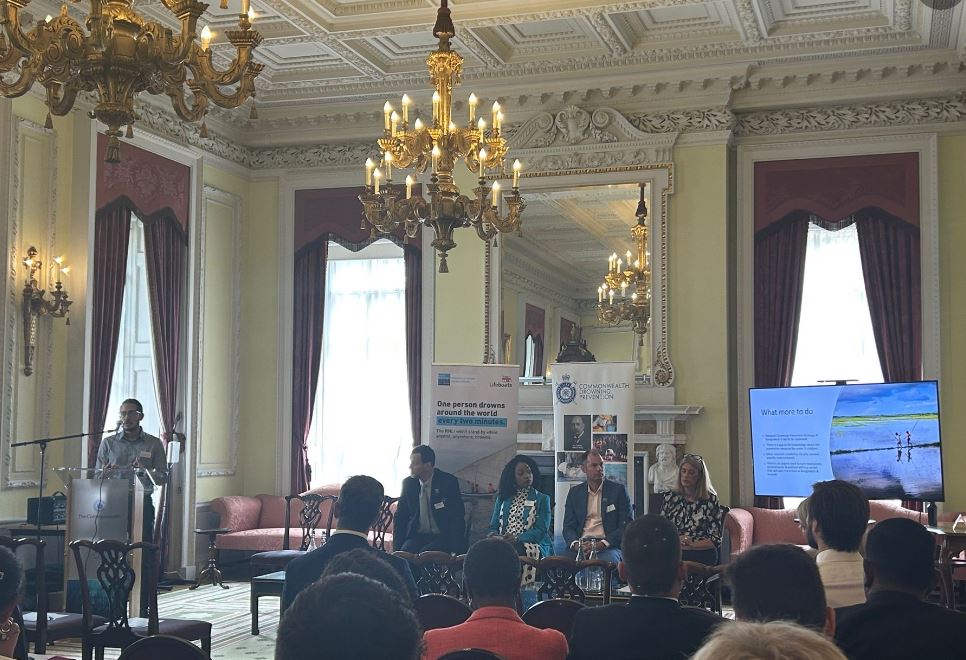



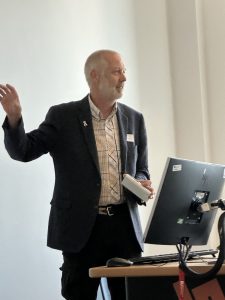
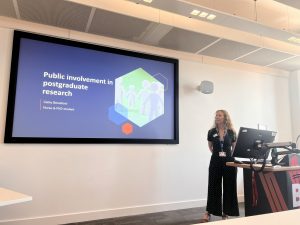
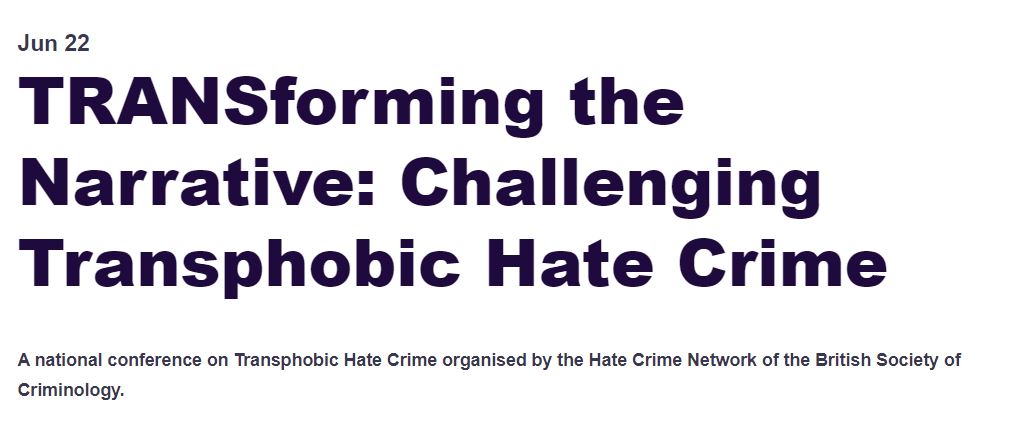

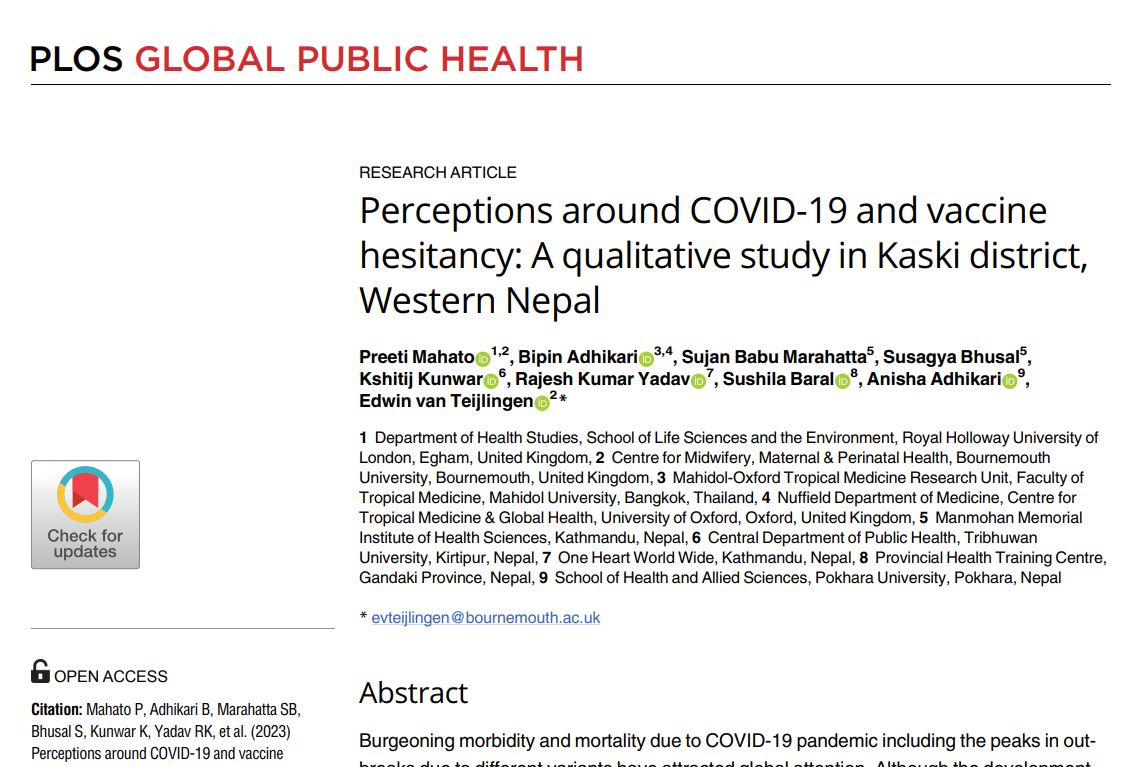
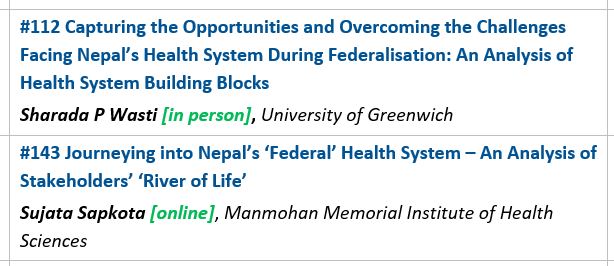
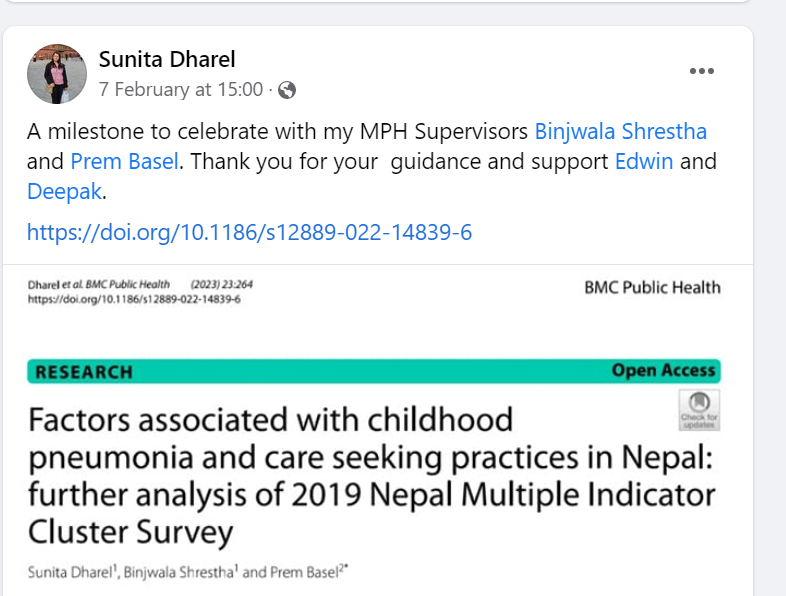


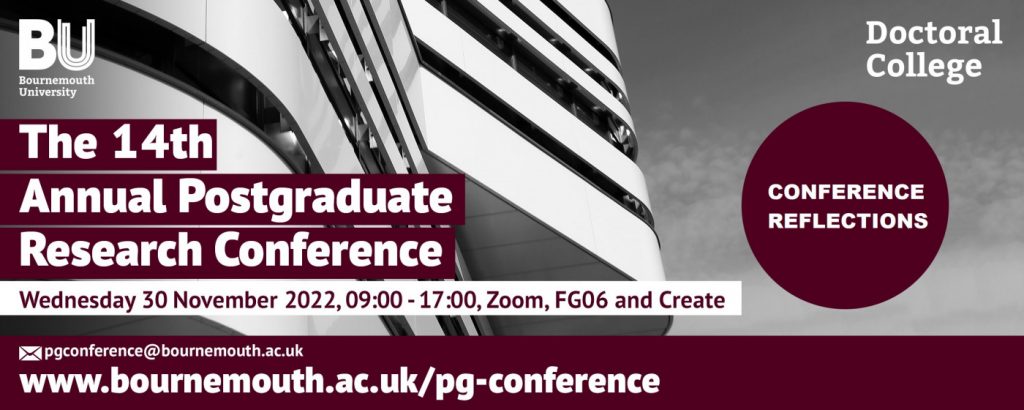
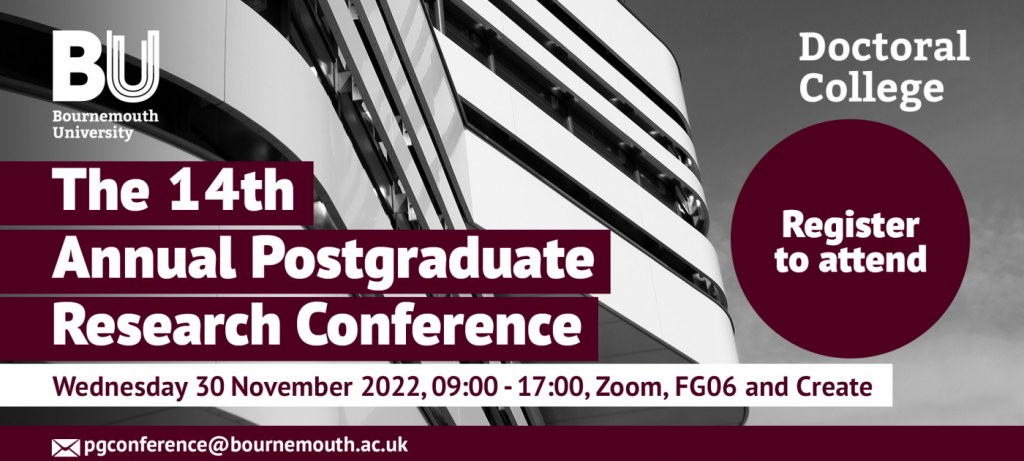
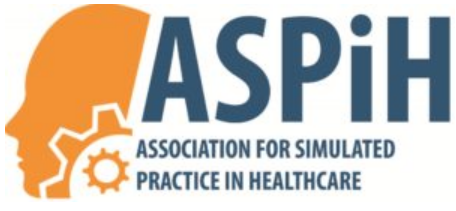
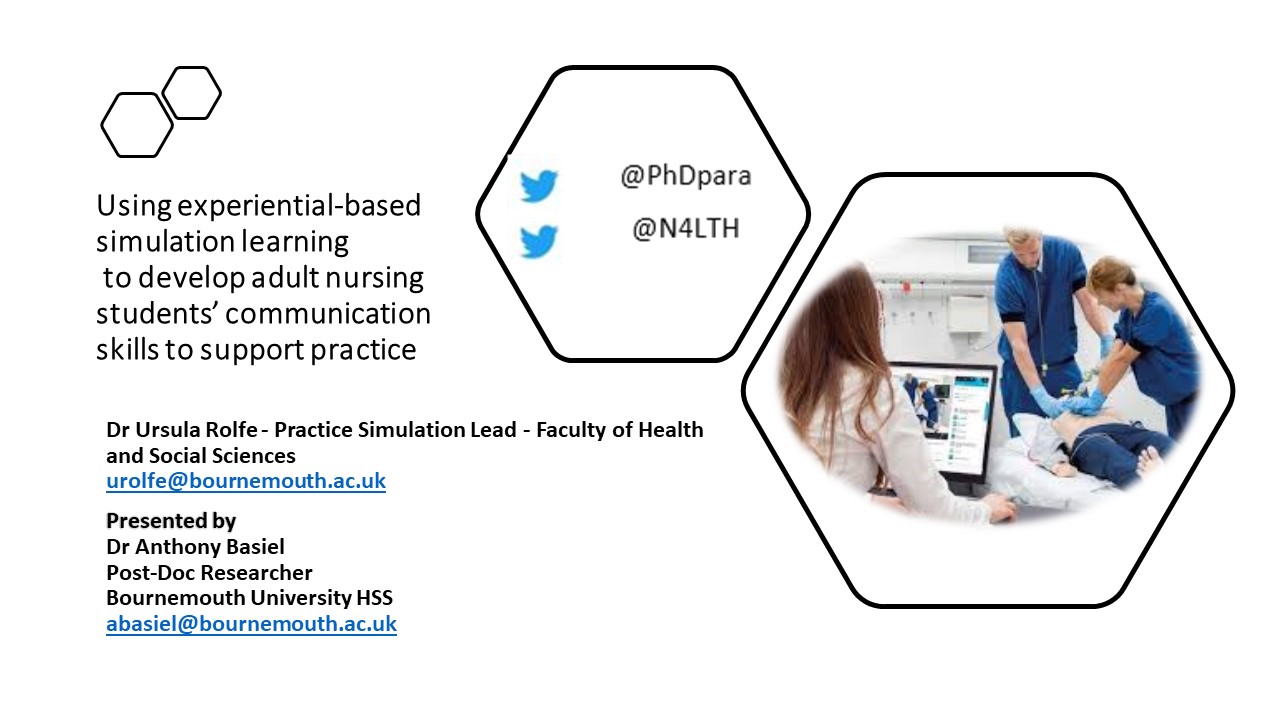
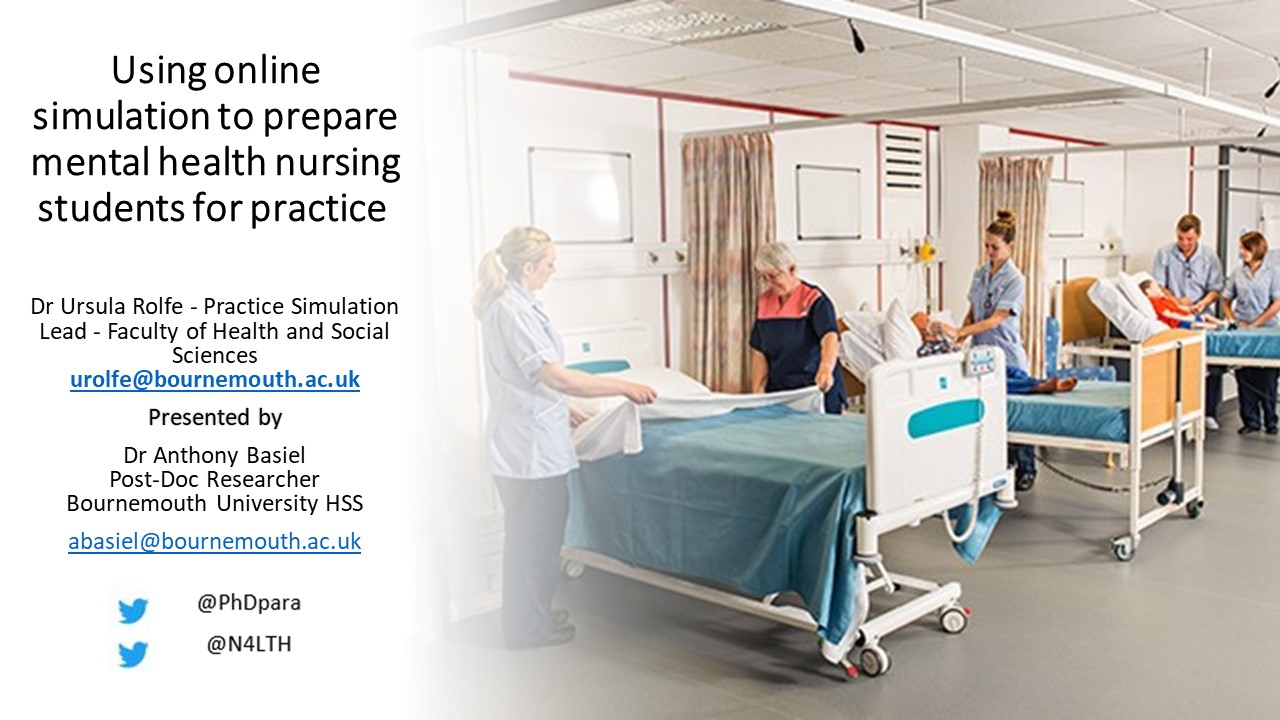
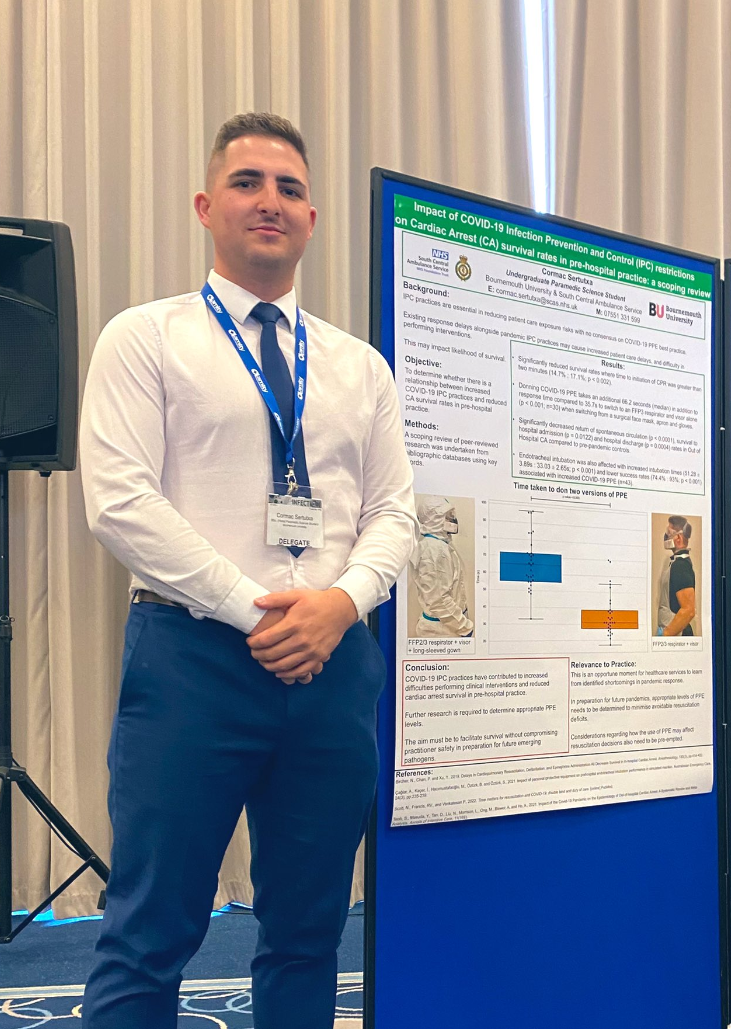

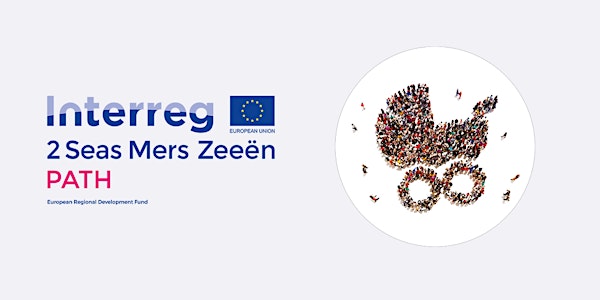



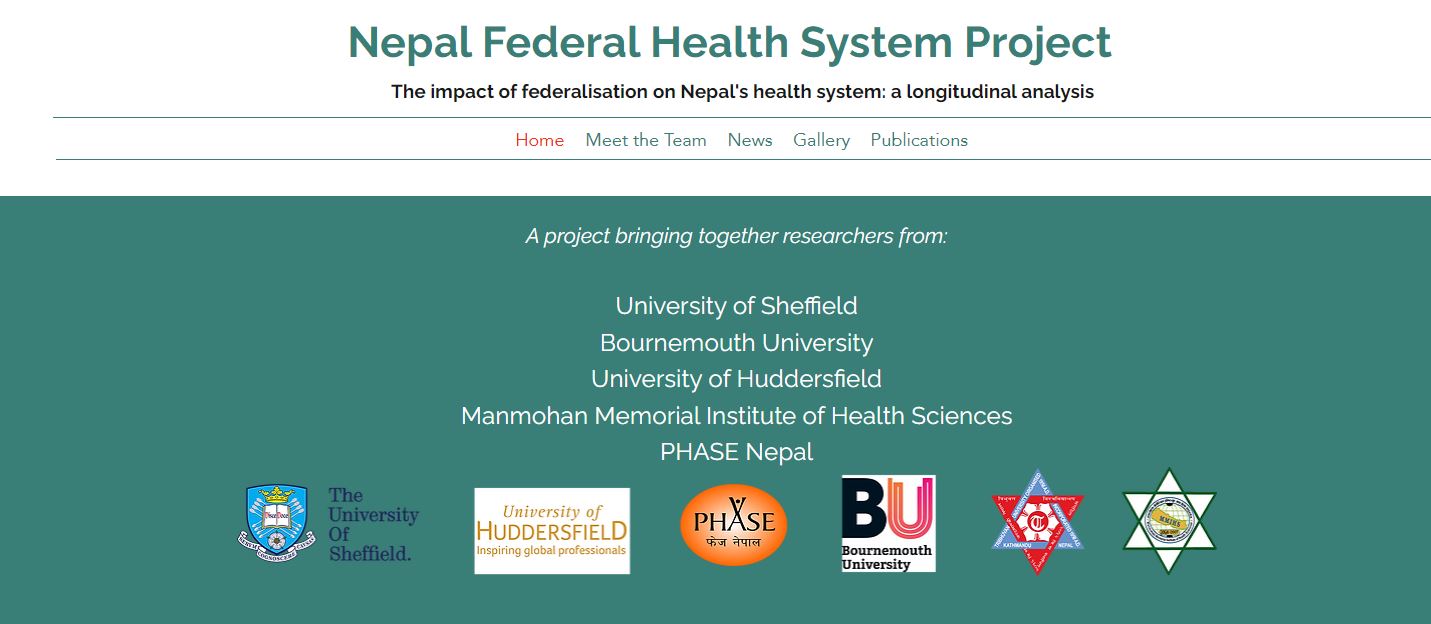

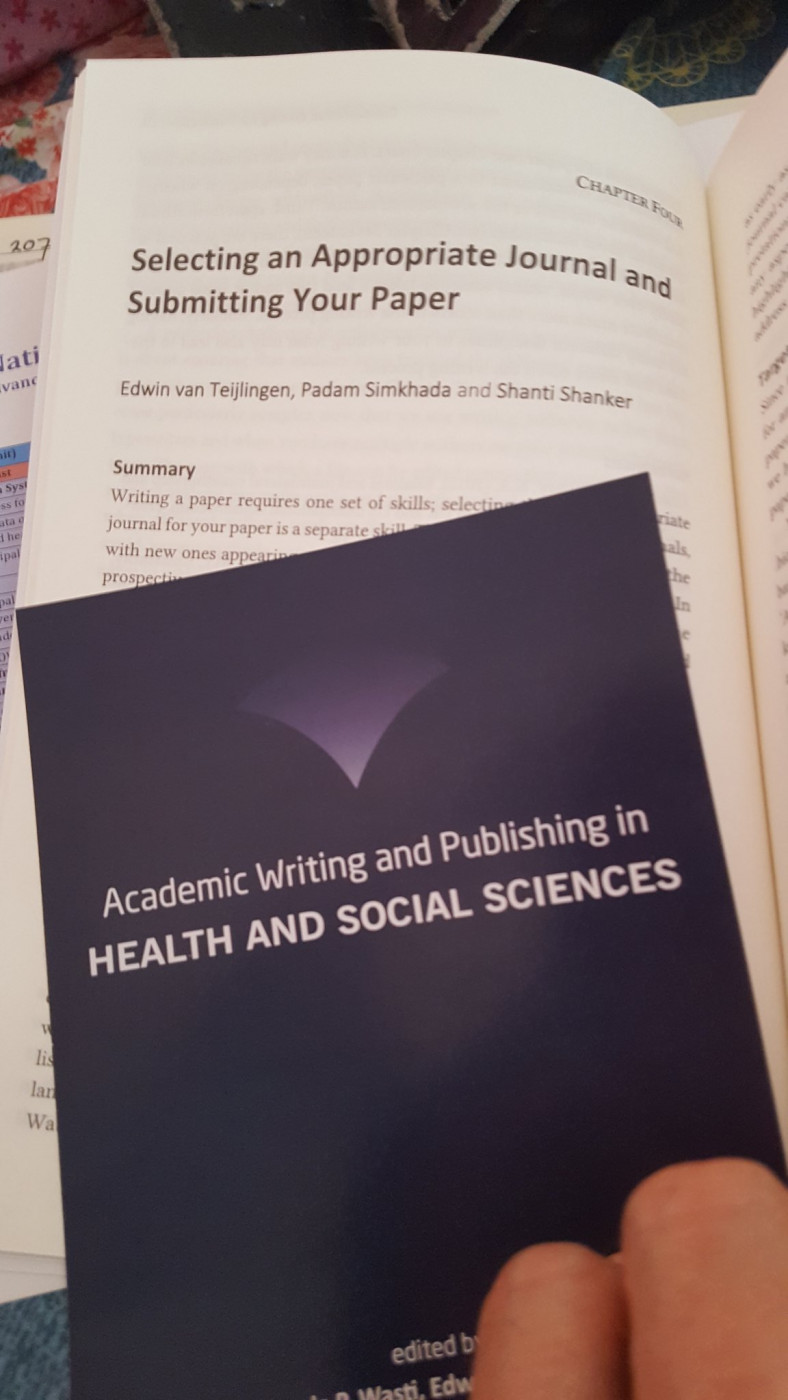












 Beyond Academia: Exploring Career Options for Early Career Researchers – Online Workshop
Beyond Academia: Exploring Career Options for Early Career Researchers – Online Workshop UKCGE Recognised Research Supervision Programme: Deadline Approaching
UKCGE Recognised Research Supervision Programme: Deadline Approaching SPROUT: From Sustainable Research to Sustainable Research Lives
SPROUT: From Sustainable Research to Sustainable Research Lives BRIAN upgrade and new look
BRIAN upgrade and new look Seeing the fruits of your labour in Bangladesh
Seeing the fruits of your labour in Bangladesh ECR Funding Open Call: Research Culture & Community Grant – Apply now
ECR Funding Open Call: Research Culture & Community Grant – Apply now ECR Funding Open Call: Research Culture & Community Grant – Application Deadline Friday 12 December
ECR Funding Open Call: Research Culture & Community Grant – Application Deadline Friday 12 December MSCA Postdoctoral Fellowships 2025 Call
MSCA Postdoctoral Fellowships 2025 Call ERC Advanced Grant 2025 Webinar
ERC Advanced Grant 2025 Webinar Update on UKRO services
Update on UKRO services European research project exploring use of ‘virtual twins’ to better manage metabolic associated fatty liver disease
European research project exploring use of ‘virtual twins’ to better manage metabolic associated fatty liver disease